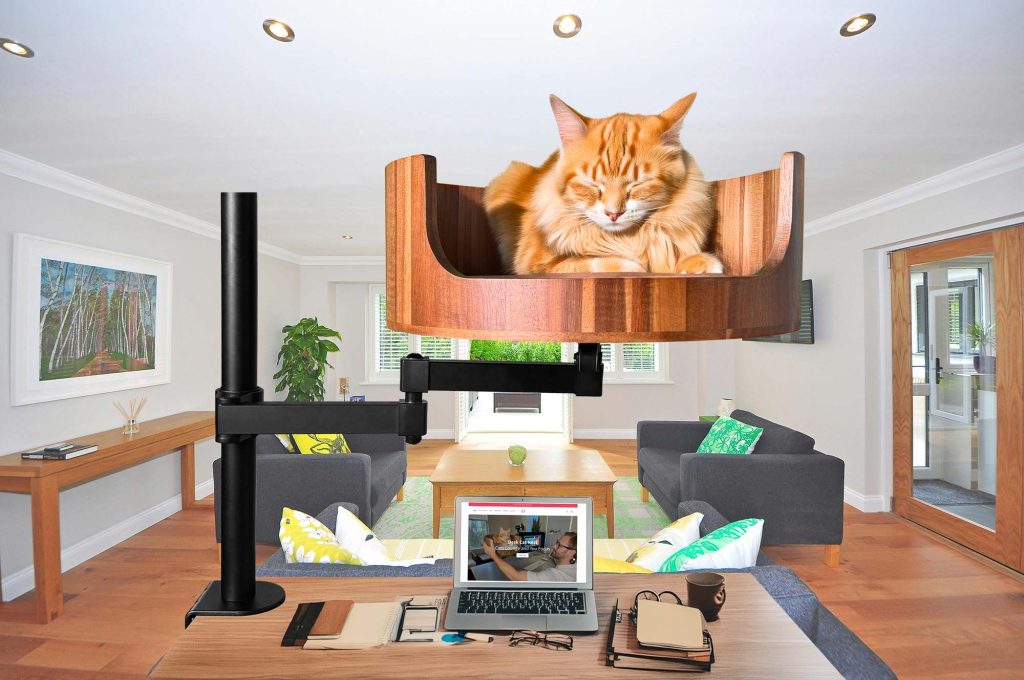Have you ever caught your feline friend munching on grass in your backyard or even in your living room? As surprising as it may seem, this behavior is more common than you might think. Many cat owners have observed their pets eating grass, and while it may initially raise some concerns, it is actually a natural and instinctive behavior for cats. In this article, we will delve into the reasons behind why cats eat grass and what it means for their health and well-being.
From ancient times, cats have been known to be skilled hunters and predators. However, even domesticated cats exhibit similar behaviors as their wild ancestors. Eating grass is one such behavior that stems from their instinct to consume plant matter that aids in digestion and helps in the elimination of hairballs. Additionally, some experts believe that grass might provide essential nutrients that are missing from a cat’s regular diet. Understanding why cats eat grass can provide valuable insights into their behavior and overall health. Let’s explore this fascinating aspect of feline behavior and gain a deeper understanding of our beloved pets.
1. Cats eat grass as a natural behavior to aid in their digestion by relieving hairballs and promoting gut health.
2. Offering your cat safe grass options, such as wheatgrass, can satisfy their instinctual need to graze indoors.
3. Cats may seek out grass when experiencing digestive issues or to supplement their diet with essential nutrients.
4. Monitoring your cat’s grass consumption can help you detect any underlying health issues that may require veterinary attention.
5. Providing a designated cat grass area can prevent your feline friend from nibbling on potentially harmful plants in your home.
Benefits of Cats Eating Grass
Cats eating grass is a common behavior that can have several benefits for their health. One of the main reasons why cats eat grass is to help with their digestion. Grass acts as a natural laxative, helping to move hairballs through their digestive system and prevent constipation. Additionally, eating grass can provide cats with essential nutrients that may be lacking in their diet. For example, grass contains fiber, which can aid in digestion and promote overall gut health. Some experts also believe that chomping on grass can help cats eliminate any fur they may have ingested while grooming themselves.
Reasons Why Cats Eat Grass
There are various reasons why cats may be drawn to eating grass. One common theory is that grass provides cats with a source of vitamins and minerals that they may be lacking in their regular diet. Cats are obligate carnivores, but they may instinctively seek out plant material to supplement their nutrition. Another reason for this behavior could be related to the cat’s ancestral instincts. In the wild, cats would consume grass as a way to cleanse their digestive system or to induce vomiting if they had ingested something toxic.
When to Be Concerned
While eating grass is generally considered safe for cats, there are certain instances when it may be cause for concern. If your cat is vomiting excessively after eating grass, it could indicate a problem such as a gastrointestinal blockage or an underlying health issue. Additionally, if you notice your cat eating grass that has been treated with pesticides or chemicals, it’s important to prevent them from doing so to avoid potential poisoning. If you are unsure about the safety of the grass your cat is consuming, it’s best to provide them with cat grass or catnip specifically grown for feline consumption.
Frequently Asked Questions
Why do cats eat grass?
Cats may eat grass to help with their digestion or to induce vomiting if they have an upset stomach. It is a natural behavior that can also provide some additional nutrients to their diet.
Is it safe for my cat to eat grass?
In general, eating grass is safe for cats and can be beneficial. However, it is important to ensure that the grass they are consuming has not been treated with any chemicals or pesticides. Providing a cat-friendly grass alternative, such as the Desk Cat Nest, can be a safe option for your cat.
Will the Desk Cat Nest prevent my cat from eating grass outside?
While the Desk Cat Nest can provide your cat with a safe and convenient alternative to outdoor grass, it may not completely prevent them from eating grass outside. It is always a good idea to monitor your cat’s behavior and provide them with a variety of options for grass consumption.
How do I introduce the Desk Cat Nest to my cat?
To introduce the Desk Cat Nest to your cat, place it in a comfortable and accessible location. Encourage your cat to explore the nest by adding some treats or catnip inside. You can also gently guide your cat towards the nest and allow them to explore it at their own pace.
How often should I replace the grass in the Desk Cat Nest?
It is recommended to replace the grass in the Desk Cat Nest every 1-2 weeks to ensure that it remains fresh and appealing to your cat. You can also consider planting new grass seeds in the nest to provide a continuous supply of fresh grass for your cat to enjoy.
In conclusion, incorporating a Desk Cat Bed into your feline’s environment can provide a comfortable and safe space for them to relax and indulge in their natural instinct to graze on grass. By offering a designated spot for your cat to lounge and nap, you can minimize their exposure to potentially harmful plants outdoors. Additionally, the elevated design of the Desk Cat Bed can deter your cat from seeking out grass in less desirable locations. Overall, investing in a Desk Cat Bed is a valuable choice that will not only enhance your cat’s well-being but also help prevent unnecessary trips to the vet due to ingesting toxic plants.


